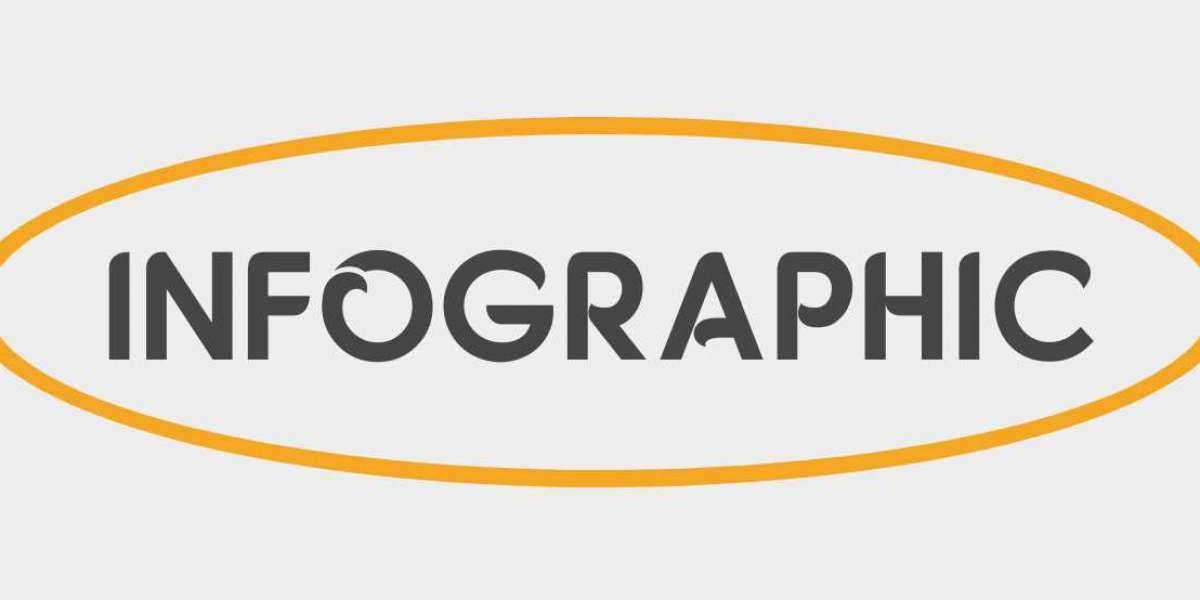The world of cinema has long held the power to shape culture, influence perceptions, and reflect societal values. In recent years, there has been a growing recognition of the importance of diversity and representation in movies. Filmmakers are now challenging traditional narratives, breaking stereotypes, and embracing inclusion to create a more authentic and reflective portrayal of the diverse world we live in. This shift isn't just about casting actors from different backgrounds; it's about telling stories that resonate with all audiences, fostering empathy, and celebrating the richness of human experiences.
Beyond Tokenism: Authentic Portrayals
Diversity and representation in movies go beyond tokenistic gestures. It's about giving voice to underrepresented communities, telling their stories with authenticity, and avoiding harmful stereotypes. Authenticity involves collaboration with individuals from diverse backgrounds, listening to their experiences, and incorporating their perspectives into the storytelling process.
Breaking Stereotypes
Movies have often perpetuated harmful stereotypes, pigeonholing characters based on their race, gender, or other characteristics. However, contemporary cinema is challenging these conventions. By presenting characters with depth and complexity, filmmakers are humanizing people who have historically been reduced to caricatures. This shift dismantles biases and fosters a deeper understanding of the myriad of experiences that exist.
Embracing Cultural Narratives
Diverse representation in movies opens the door to a wealth of cultural narratives that have previously been marginalized. These stories offer audiences a chance to explore different customs, traditions, and ways of life. By embracing cultural narratives, films promote cross-cultural understanding and bridge gaps between diverse communities.
Empowering Underrepresented Communities
When marginalized communities see themselves on the big screen, it can be a powerful form of validation. Representation not only empowers these communities but also sends a message that their stories matter. It encourages individuals to dream big and aspire to achieve their goals, even in the face of adversity.
Shifting Perspectives and Fostering Empathy
Movies have the unique ability to transport audiences into the lives of characters from all walks of life. By telling stories from diverse perspectives, films encourage viewers to step into others' shoes, fostering empathy and dismantling prejudices. This can lead to greater understanding, compassion, and societal change.
Inspiring Future Generations
When young people see a diverse array of characters and stories in movies, it expands their worldview and inspires them to think beyond their immediate surroundings. By presenting role models from various backgrounds, films motivate future generations to strive for greatness, regardless of their background.
Box Office Impact
The positive impact of diversity and representation in movies is not confined to societal change alone; it also extends to the box office. Audiences are increasingly seeking out films that reflect the world they live in. This demand has led to the success of movies with diverse casts and stories, proving that representation isn't just the right thing to do—it's also commercially viable.
Challenges and Progress
While progress has been made, challenges remain. Hollywood and the global film industry still have work to do in terms of equitable representation both in front of and behind the camera. True inclusion requires systemic change that extends to decision-making roles, hiring practices, and investment in diverse voices.
A Catalyst for Social Change
Movies have a unique power to spark conversations and influence cultural shifts. When films accurately depict the diversity of the world, they become catalysts for social change, challenging biases and driving discussions on important topics such as race, gender, sexuality, and identity.
The Way Forward
The impact of diversity and representation in movies is profound and far-reaching. As filmmakers continue to tell stories that break down barriers and celebrate differences, the cinematic landscape evolves to mirror the complexities of real life. By embracing diverse narratives and authentic portrayals, movies have the potential to reshape perceptions, foster inclusivity, and create a world where everyone's story matters. The journey toward true representation is ongoing, but the strides made so far promise a future of cinema that reflects the beautiful mosaic of humanity.







